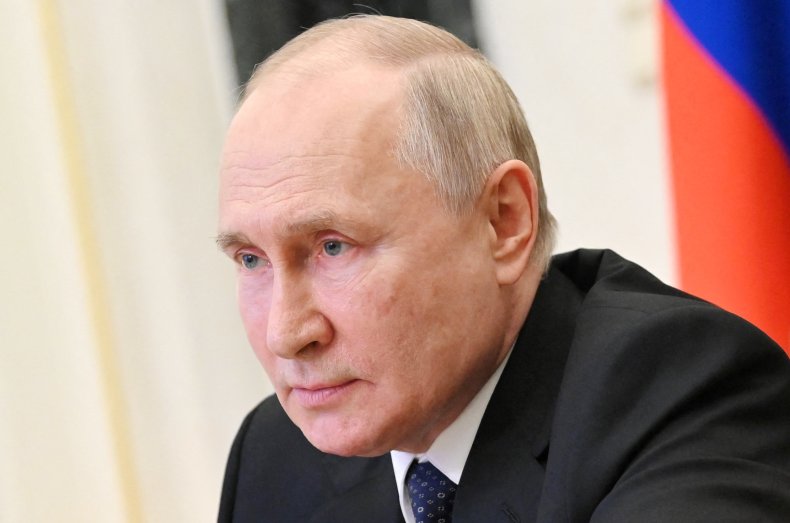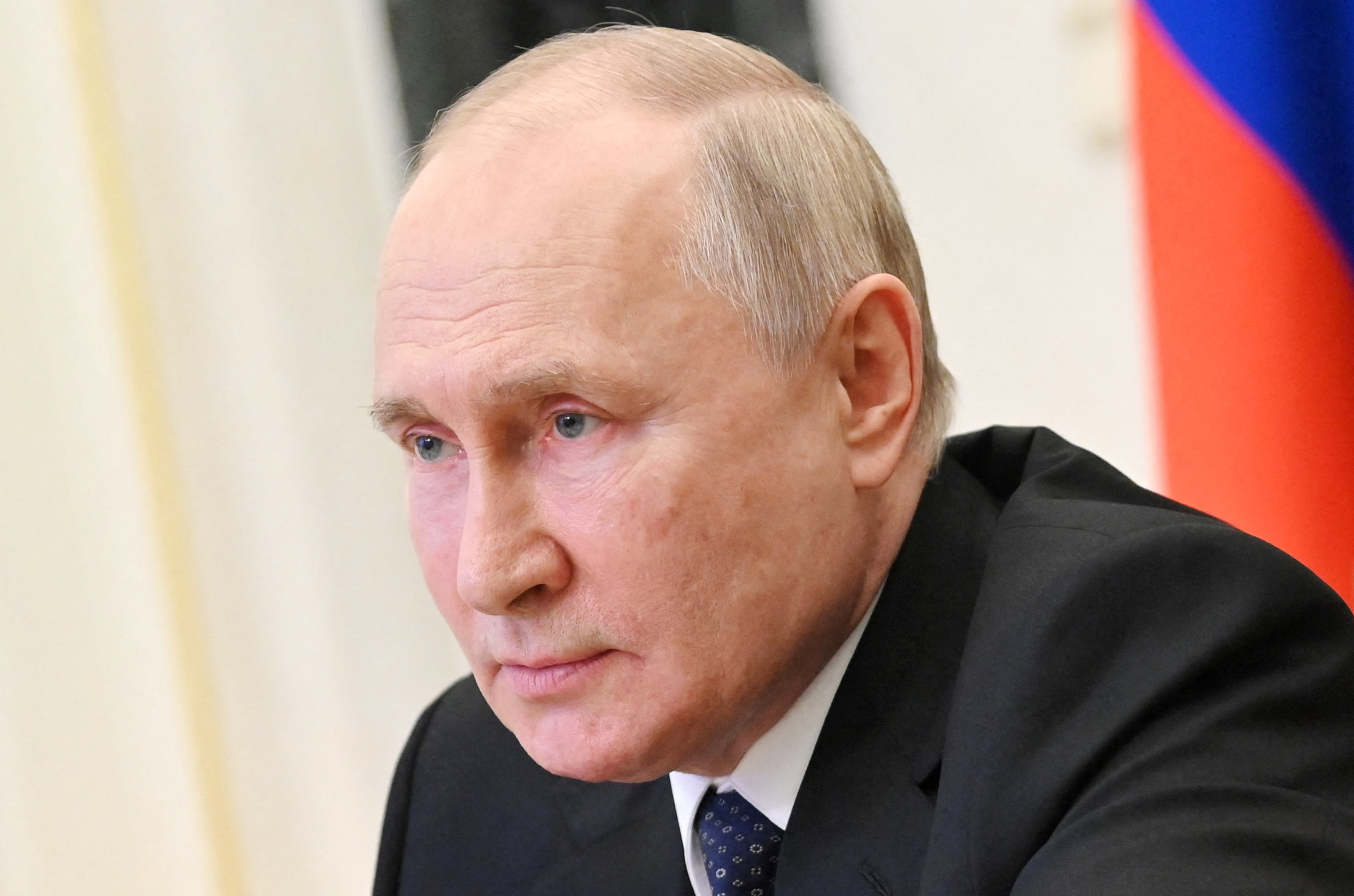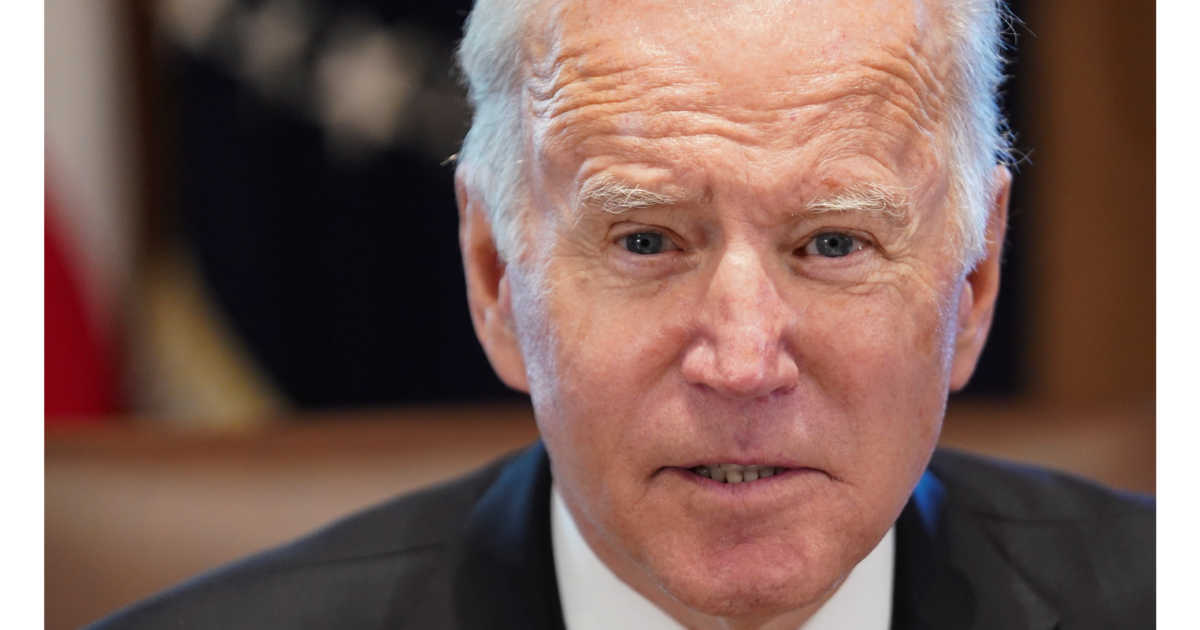Russian President Vladimir Putin on Monday blamed Ukraine for an early-morning attack on the Kerch Strait Bridge, which connects Crimea with southern Russia.
The incident dealt a strategic blow to Moscow since the bridge is said to be a key route for transporting military supplies to Russian forces. But such attacks could also have even larger consequences as they potentially “help to loosen Russia’s grip on Crimea itself,” Dr. Scott Savitz, a senior engineer at the RAND Corporation, told Newsweek.
Putin invaded and annexed Crimea from Ukraine in 2014. Since his current invasion of Ukraine began in February 2022, the peninsula has been a major talking point. Ukrainian President Volodymyr Zelensky has said one of his objectives in the conflict is to not only defend his country but to also reclaim Crimea and four other regions Putin annexed in September.
For his part, Putin has maintained that Crimea belongs to Russia, and Kremlin officials have stated numerous times that returning the territory to Ukraine will not be included in any possible peace negotiations.

Monday marked the second in less than a year that blasts were reported on the Kerch Strait Bridge after a fuel tanker exploded while crossing it in October.
Reports suggest damage from the latest attack is not as severe as the October incident, but images and videos posted on Telegram Monday showed both lanes of the bridge were affected, and at least one portion had collapsed. Vyacheslav Gladkov, the governor of Russia’s Belgorod region, said that a man and a woman were killed during the bridge strike and that their daughter was injured.
Kyiv typically doesn’t claim responsibility for attacks on Crimea or inside Russian territory, but Mykhailo Fedorov—Ukraine’s minister for digital transformation—indicated drones from his country were behind the early morning explosions.
Savitz described the importance of the bridge to Moscow, telling Newsweek that it “is an essential link between Russia and Russian-occupied Crimea, as well as a symbol of Putin’s takeover of the peninsula.”
Indeed, Putin expressed his anger during a Monday meeting about what he referred to as a “terrorist act.”
“This is the second terrorist attack on the bridge,” Putin said. “I am waiting for specific proposals to improve the security of this strategic, important transport facility.”
The Russian president added, “The Ministry of Defense is already preparing appropriate reprisals.”
Newsweek reached out to Russia’s defense ministry via email for comment.
The strategic challenges Russia now faces due to the bridge’s damage were described on Twitter by Anton Gerashchenko, an adviser to Ukraine’s minister of internal affairs.
“Authorities of [Russia’s] Rostov region, as well as pro-Kremlin officials of the occupied part of the Kherson and Zaporizhzhia regions [in Ukraine]said that after the bridge was blown up, cars will be transported via a ferry crossing, while trucks will go overland—through the occupied territories, which are constantly shelled,” Gerashchenko wrote.
Randy Mott, a lawyer and former infantry officer in the U.S. Army, also tweeted about how difficult it will be for Russia to get supplies to its troops in Crimea after the bridge explosion.
“The only supply route to Crimea is now through southern occupied Ukraine. Local partisans are raisng hell there. It is more and more under artillery coverage by the UKR [Ukrainian] army,” Mott said. “The Russian army in Crimea will be squeezed on supplies now and gradually face a crisis.”
Significance of Kerch Bridge strike: road traffic is stopped on the bridge. Rail traffic is in danger and could go any day now. Rail lines from the bridge inside Crimea will also likely be hit in the coming weeks.
The only supply route to Crimea is now through southern… pic.twitter.com/KWOPaf87JY— Randy Mott (@randymot4) July 17, 2023
Savitz pointed out to Newsweek that he and RAND adjunct senior fellow William Courtney previously wrote for The Moscow Times how “using explosive uncrewed surface vessels (USVs) to sever Russia’s links to occupied Crimea can diminish Russia’s ability to use Crimea as a base for attacks on other parts of Ukraine.”
“While Russia controls another swath of Ukrainian territory that is contiguous with both Russia and occupied Crimea, that area is vulnerable both to direct attacks from Ukrainian-controlled territory and to Ukrainian guerrillas/saboteurs,” he said.
Savitz continued, “Repeatedly targeting bridge and vessel traffic from Russia to Crimea limits Russia’s ability to resupply military forces there and can even help to loosen Russia’s grip on Crimea itself. This benefits Ukraine both by hindering Crimea-based attacks on the rest of Ukraine and by beginning the process of eventually recovering that territory.”
Northwestern University political science professor William Reno told Newsweek that the bride attack is also “significant in terms of the psychological effect on average Russian citizens.”
“Perhaps Crimea is not a good summer vacation destination. Travelers are stranded with their cars. There is no air commercial air service since the intensified invasion last year,” Reno said. “Tourists who want to return home will have to take their chances over the Chonhar bridge that connects Crimea to the Russian occupied mainland. That bridge was closed for over a week after a Ukrainian attack last month.”
Jason Jay Smart—a political adviser on post-Soviet and international politics—told Newsweek that during Putin’s meeting about the attack, the leader “essentially argued that the Kerch Strait Bridge’s partial destruction was only a minor setback for Russia’s objectives.
“However, Moscow is erring gravely: Kyiv attacked the bridge not as an isolated incident, but as part of the largest strategy to retake the peninsula. Kyiv’s counteroffensive into Crimea could begin at any moment.”
Update 07/18/23 9:00 a.m. ET: This story has been updated to include comment from William Reno which was obtained after the story was originally published.










